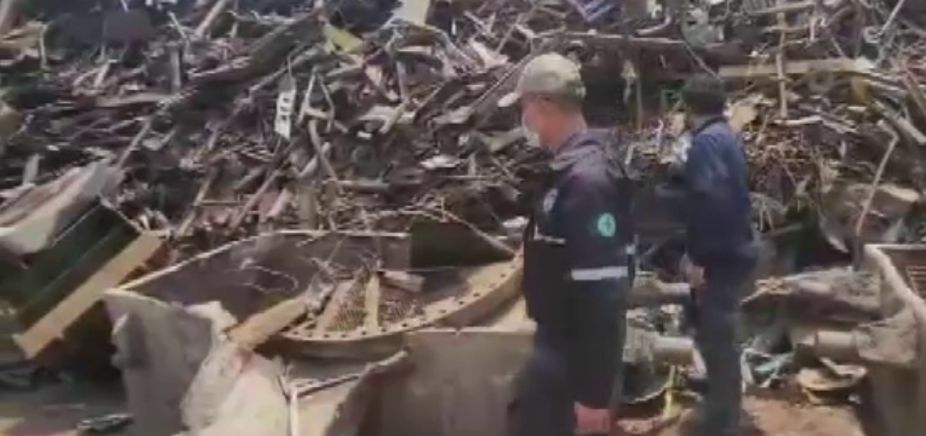Search intensifies for Prachin Buri’s missing radioactive Caesium-137 canister

The search for Prachin Buri’s missing radioactive isotope Caesium-137 canister is intensifying after officials have come up empty-handed.
Yesterday, workers equipped with radiation detectors, searched scrap shops in the Si Maha Phot district of Thailand’s central province of Prachin Buri but found nothing.
The National Power Plant 5A Company is offering a 50,000 baht reward for information which leads to the recovery of the canister. The steel tube went missing from a power plant at an industrial estate.
The canister is about two inches in diameter and eight inches long, weighing about 25 kilogrammes.
According to Thai PBS World, the radioactive material was reported missing during a routine check, leading to the company to make a police report.
The Emergency Health Division is now on standby, with the Public Health Ministry permanent secretary, Opart Karnkawinpong, preparing for the event in which the material is found.
He has reportedly told the department to prepare a list of radiation experts to also be on alert. Opart says Nopparat Rajathanee and Ramathibodi hospitals have been instructed to coordinate with the Division if people become exposed to radiation and need treatment.
He noted that brief exposure to radioactive material will not have much effect on one’s health, but prolonged exposure to the radiation can be harmful.
Staff at the power plant also said the material will not damage one’s health unless the cylinder is dismantled.
In the unfortunate event that the cylinder is dismantled, Caesium-137 is invisible and has no odour, making it hard to determine if one is exposed. Upon exposure, the body will suffer from necrosis (body tissue decay) from beta and gamma radiation.
Permsuk Sutchapiwat, secretary of the Office of Atoms for Peace – Thailand’s agency responsible for nuclear research – warned…
“If someone breaks the cylinder, when you are directly exposed to it, you could be exposed to a high risk of cancer and serious illness, so please don’t break the cylinder.”
Latest Thailand News
Follow The Thaiger on Google News:


























